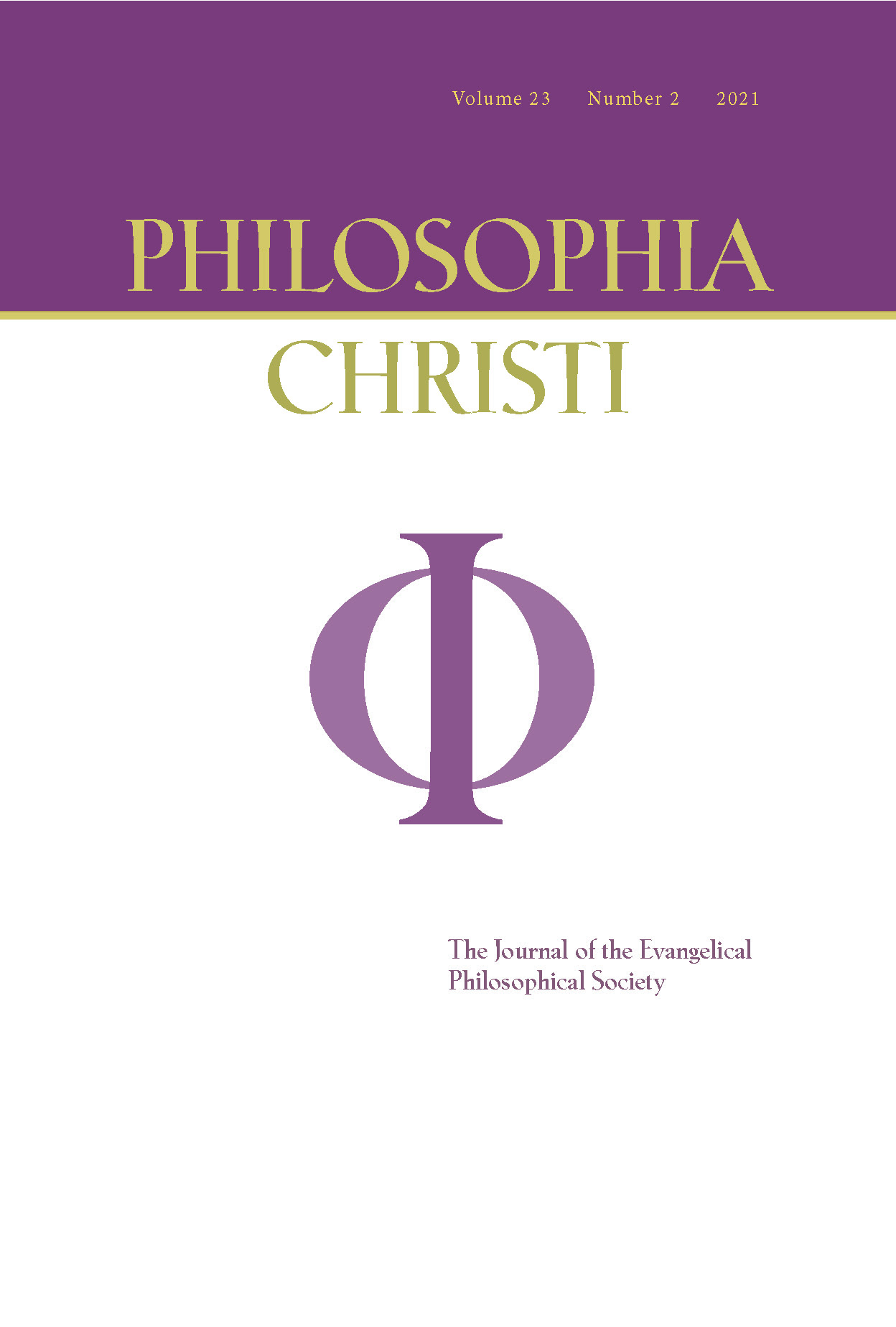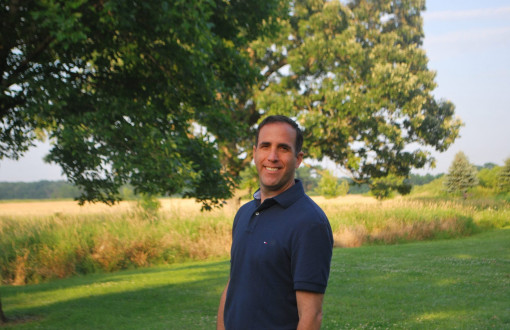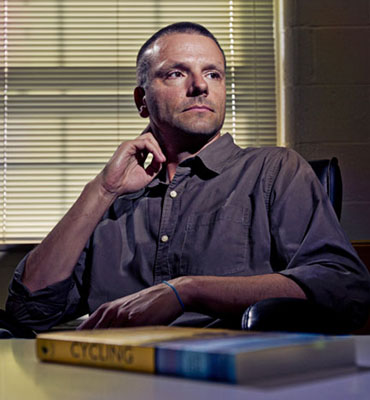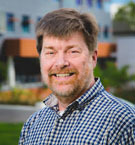If online discussions are a reliable indicator, the killing of Osama Bin Laden (OBL) was mostly met with gratitude (if only of the solemn sort) but also met with some ambiguity and outrage. Should we celebrate his killing?
The killing of OBL provokes all sorts of other topics and considerations, many of which are theological and philosophical in nature, including topics like
- How are justice, forgiveness, punishment, and reconciliation related?
- What does OBL’s death mean for a “just war” explanation of the “War on Terror”?
- How does one’s belief in capital punishment figure into this discussion?
- Is there is a hell, and if so what’s its purpose in light earthly punishments of evil?
To help contribute to the broader public discussion, I decided to chat with some of our EPS colleagues on these topics. Below is an interview with Mike Austin (Eastern Kentucky University), Doug Groothuis (Denver Seminary), Clay Jones (Biola University) and Craig Mitchell (Southwestern Baptist Theological Seminary).
So, how should Christian respond to the killing of “the most notorious terrorist?”
Mike Austin: My view is that we should respond with somberness that we live in a fallen world where a man like Bin Laden crafts and executes a plan that kills thousands of innocent people, and that we feel compelled to kill him for reason of both justice and self-defense.
Doug Groothuis: The killing of any creature in God’s image, no matter how debased that creature may be, is a mournful thing. Osama deserved death, and received it in a just war; however, it is tragic that a man would dedicate his life to evil and receive the penalty of death for his earthly sin. It is also tragic that he did not turn to Christ to avoid eternal punishment. Yet, having not repented, he will receive what he deserves: hell.
How does a response to the killing of OBL reflect a people’s “moral stomach”?
Doug Groothuis: It reflects our deepest convictions about good and evil, whatever they may be.
Is it Christian to both “celebrate” that justice has been wielded “by the sword” and seek to forgive someone like OBL?
Doug Groothuis: “Celebrate” is too strong a word. We can be satisfied that justice was done and that international terrorism has suffered a heavy blow. I prayed that Osama and his followers would come to Christ. I recently prayed his family and friends would turn to Christ. Jesus told us to pray for our enemies. However, that does not mean to pretend that they are our friends. If terrorists do not repent, they should be hunted down and brought to justice.
How does the killing of OBL relate to our view of capital punishment?
Doug Groothuis: Killing a murderer justly convicted is right. Killing enemy combatants in a just war is right. They hang together, given Romans 13:1-7 and Genesis 9:1-6.
How does the killing of OBL shape our view of hell and surface the “problem of evil”?
Clay Jones: Of course even many non-Christians are hoping that there is a hell (or something like it) for people like Osama Bin Laden. After all, how can his death make up for the fact that he has killed thousands? So we look for ultimate justice and hell provides that. But sadly the OBLs of the world often obscure a deeper truth—that we are all desperate sinners who deserve hell unless we trust in Christ’s sacrifice for our sinfulness. What I mean is that many people think they are “good” because they compare themselves with those who successfully act out their evil ambitions. “I’m not a murderer like OBL, after all.”
But do we think that OBL deserves hell more than the terrorist that only murders one person? Why would that be? Indeed, C. S. Lewis was right to point out that those capable of the greatest good are also capable of the greatest harm. That Bin Laden was able to orchestrate the deaths of thousands versus the terrorist who only succeeds in killing one person tells us more about Bin Laden’s intellectual prowess and charismatic leadership abilities than it does about his heart being more wicked than the person who only kills one.
But then what do we think about the person who only wishes he could kill but doesn’t? Is he a better person than the terrorist who actually kills? Not according to Scripture (see 1 John 3:15; Matthew 5:22). It’s the Christian’s job to help each humans realize the depths of their own sinfulness.
How should we think of the killing of OBL in light of a “just war” explanation for the “War on Terror”?
Craig Mitchell: Augustine explains that a war is just if it is done to punish or prevent aggression. The “war on terror” is in fact a war only when other sovereign nations are attacked in the process. When only terrorists are attacked within another country this is only a “police action.” We should remember that terrorists are neither soldiers nor criminals. Soldiers are uniformed agents who act in the service of their country. Soldiers will attack another country because they act under legal orders of a sovereign nation. Criminals act out of their desire to enrich themselves by any means. Criminals are merely parasites on a society who do not desire to destroy a nation. Terrorists are not covered under the Geneva convention of war, because they are not soldiers. Terrorists should not be confused with mere criminals either. As such, known or admitted terrorists should be treated differently. In fact, they should be treated far more harshly. Their rights are not superior to those whom they have killed (or attempted to kill). Proverbs explains that fools should be beaten. As such, enhanced interrogation techniques/ torture for terrorists is justified.
Osama Bin Laden was a fugitive of justice and was executed by a sovereign government. Christians should understand that justice and mere revenge are two different things. We should be happy that justice was done, while understanding that OBL did not know Christ. It is the job of state to carry out justice until Christ returns, but it is the job of believers to share the Gospel with the lost. The forgiveness of believers does not mean that the state should look past the terrible acts that they have done.
ABOUT THE CONTRIBUTORS
Craig Mitchell is Associate Professor of Ethics at Southwestern Baptist Theological Seminary.
Clay Jones is Assistant Professor of Christian Apologetics at Biola University.
Doug Groothuis is Professor of Philosophy at Denver Seminary.
Mike Austin is Associate Professor of Philosophy at Eastern Kentucky University.
Some further interesting responses on the killing of OBL can be found from …





 Scholarship and Character as a Christian Academic
Scholarship and Character as a Christian Academic
 A Perspective on Perspectival Factualism: Response to Paul Gould
A Perspective on Perspectival Factualism: Response to Paul Gould
 Further Reflections on Academic Faithfulness: A Reply to Friendly Critics
Further Reflections on Academic Faithfulness: A Reply to Friendly Critics
